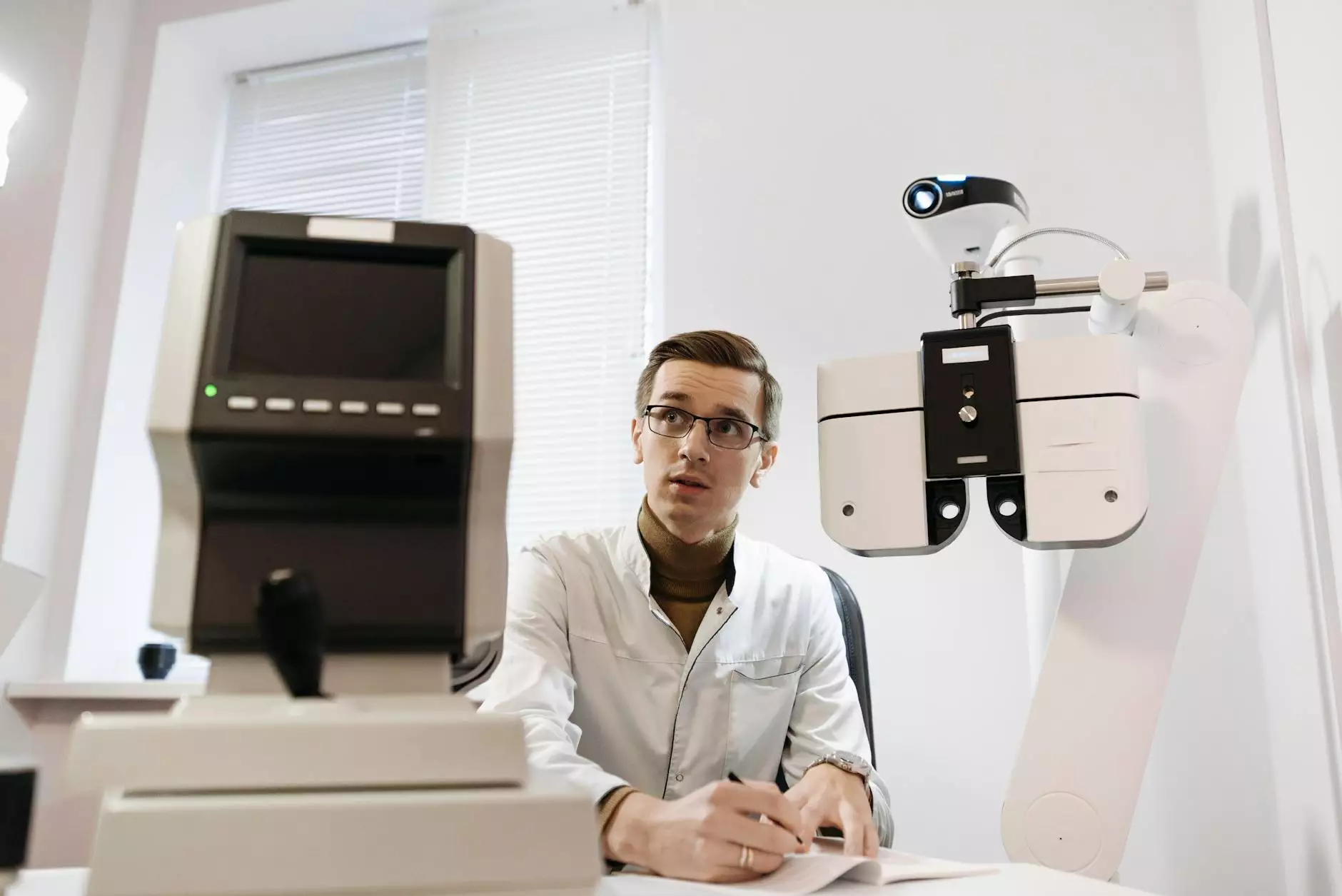The Importance of Finding a Leading Cancer Specialist

In today's medical landscape, selecting the right healthcare provider can be the difference between life and death, especially when it comes to oncology. The term cancer specialist refers to oncologists who have dedicated their careers to understanding, diagnosing, and treating various forms of cancer. This article explores the essential qualities of a proficient cancer specialist, the range of treatments they offer, and the importance of a multidisciplinary approach to cancer care.
Understanding Oncology and the Role of a Cancer Specialist
Oncology is a branch of medicine focused on the diagnosis and treatment of cancer. As a patient, understanding the scope of what a cancer specialist can provide is critical. These physicians are trained in several aspects of cancer care, including:
- Diagnosis: Utilizing advanced imaging techniques and biopsies to confirm cancer presence and type.
- Treatment Planning: Developing comprehensive treatment plans tailored to each patient's unique needs, which may include surgery, chemotherapy, radiation therapy, or targeted therapies.
- Patient Education: Providing essential information about the disease, treatment options, and potential side effects to empower patients in their decision-making process.
- Support Services: Coordinating care with other specialists, offering emotional support, and connecting patients with counseling and community resources.
The Essential Qualities of a Top Cancer Specialist
Not every oncologist can be labeled a top tier cancer specialist. Here are some vital qualities and characteristics to look for:
1. Extensive Knowledge and Experience
A deep understanding of the latest oncology research, treatments, and technologies is paramount. A leading cancer specialist often has years of experience and continuous education. They should stay up-to-date with innovations in cancer therapies, clinical trials, and emerging research.
2. Empathy and Communication Skills
Oncology patients often face immense emotional and physical challenges. A great cancer specialist should demonstrate empathy, providing a compassionate environment. Furthermore, superior communication skills ensure that they can explain complex medical information in understandable terms.
3. Multidisciplinary Collaboration
Cancer treatment often requires a team of specialists. An experienced cancer specialist will work in collaboration with surgeons, radiologists, pathologists, and other healthcare professionals to create a holistic treatment plan. This ensures that all aspects of the patient's health are addressed.
4. Commitment to Patient Education
A proficient cancer specialist should educate their patients about their condition and treatment options, helping them navigate their medical journey with informed choices.
5. Accessibility and Support
Patients should feel that their cancer specialist is approachable and available for questions and concerns. Access to support staff, including nurse navigators and social workers, enhances the patient experience.
Choosing the Right Cancer Specialist
The journey to finding the right cancer specialist can be daunting. Here are essential steps to facilitate the process:
1. Research and Referrals
Start with your primary care physician for referrals. Research each prospective oncologist's background, specialties, and patient reviews.
2. Evaluate Credentials
Verify board certifications and affiliations with recognized cancer centers. This assures you they have met rigorous standards in their field.
3. Schedule Consultations
Meet potential specialists to gauge their approach and how comfortable you feel discussing your circumstances. This personal rapport is crucial in ongoing treatment.
4. Assess Treatment Approaches
Discuss their treatment philosophies, including their use of clinical trials and innovative therapies. A forward-thinking cancer specialist will offer the most contemporary treatment options available.
The Impact of Early Diagnosis and Intervention
Early detection is one of the most significant factors in cancer survival rates. Regular screenings and being vigilant about changes in your health can lead to earlier diagnoses. A skilled cancer specialist will emphasize preventive care and proactive screening strategies.
Types of Treatments Offered by Cancer Specialists
The treatment landscape for cancer is vast and constantly evolving. Here are some primary treatment modalities administered by a cancer specialist:
Chemotherapy
Chemotherapy involves the use of drugs to kill cancer cells. It can be used as a primary treatment, post-surgery to eliminate any remaining cells, or as palliative care to reduce symptoms.
Radiation Therapy
Radiation therapy uses high doses of radiation to kill or stop the growth of cancer cells. Your cancer specialist will determine the best radiation approach depending on the cancer type and its stage.
Surgery
Surgery may be the first line of treatment for some cancers. It can involve removing tumors, nearby tissue, and even lymph nodes to stop the spread of cancer.
Targeted Therapy
This approach targets specific characteristics of cancer cells. Targeted therapies can block the growth and spread of cancer by interfering with specific molecules involved in tumor growth.
Immunotherapy
Immunotherapy leverages the body’s immune system to fight cancer more effectively. This exciting field is gaining traction and includes various modern approaches to treatment.
The Importance of Follow-Up Care
The journey of a cancer patient doesn’t end after treatment. Continuous follow-up care is critical to monitor for recurrences or secondary cancers. A dedicated cancer specialist will schedule regular check-ups and imaging, as well as necessary lab tests while providing ongoing support.
Conclusion: The Future of Cancer Care
The role of the cancer specialist extends far beyond mere treatment; it encompasses holistic care, continuous education, and support. As technology and medicine evolve, the future of oncology is promising. Patients now have access to a range of therapeutic options that can significantly enhance their prognosis and quality of life.
In your quest for care, ensuring that you have a qualified and compassionate cancer specialist by your side is crucial for your journey towards recovery. Take an active role in your health by seeking out a specialist who meets your needs and supports you through every phase of your treatment.
Your Next Step
If you or a loved one is facing a cancer diagnosis, don't hesitate to reach out to a qualified cancer specialist today. Your health is your most valuable asset, and prioritizing it can help pave the way for effective treatment and recovery.









